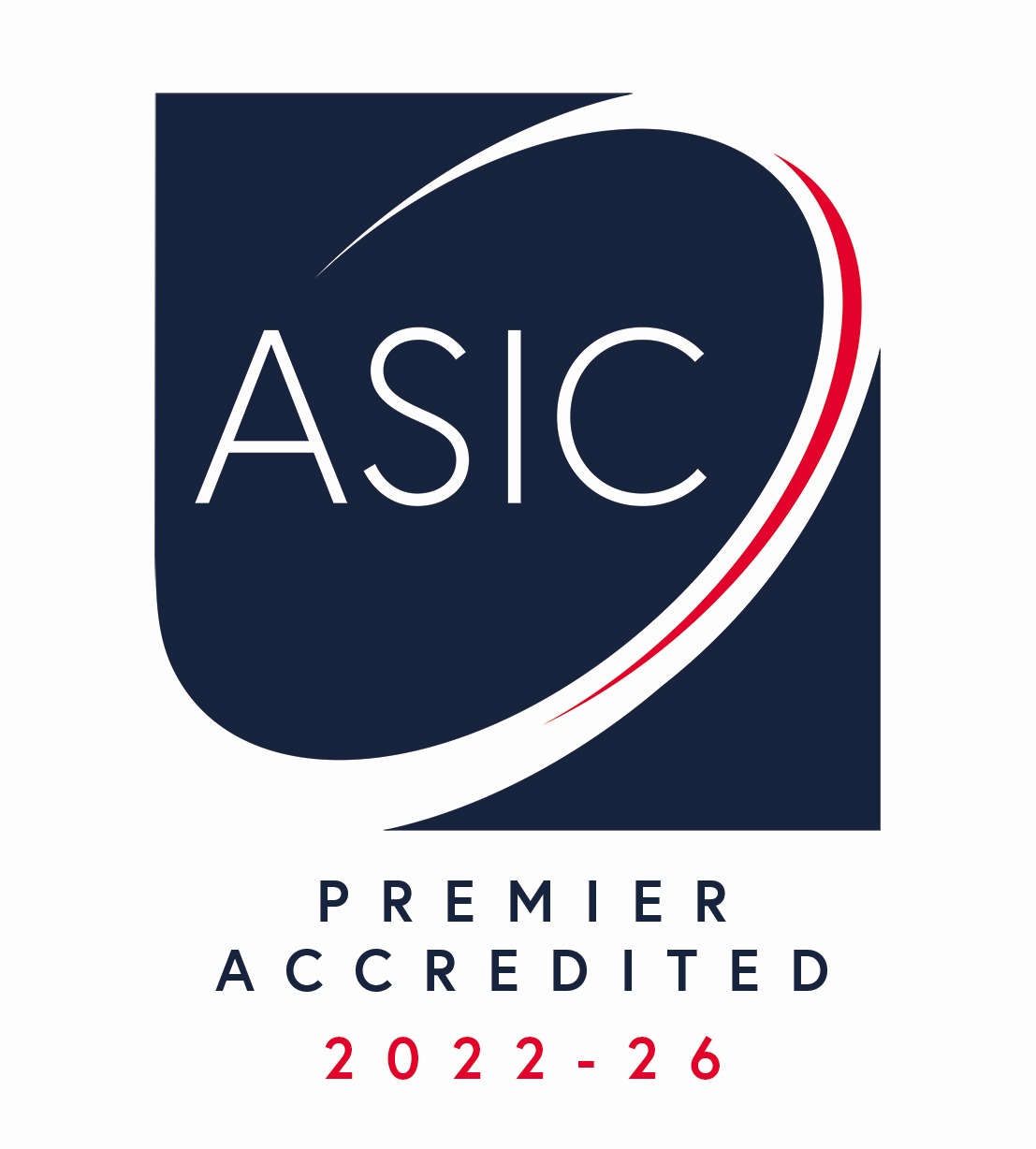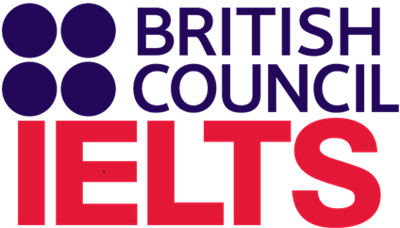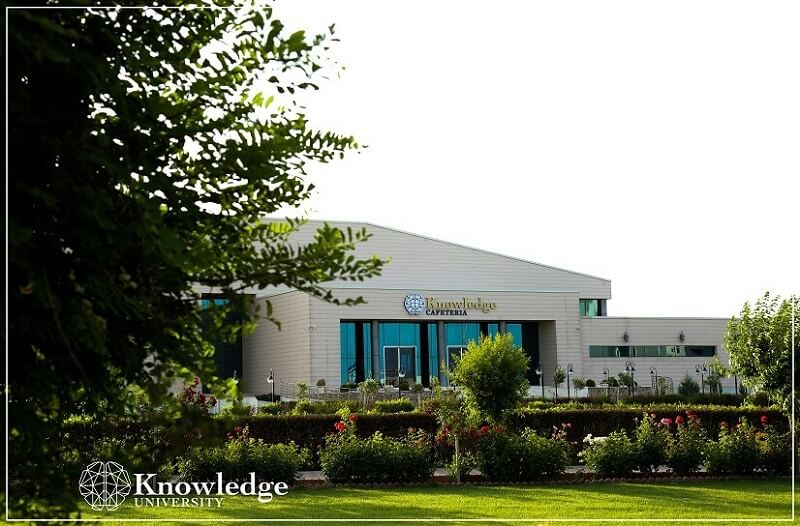KNU Workshop #04 - Student-Centred Learning
- 13:00:00
- published:
- KNU Main Library
Teachers are losing the education war because our adolescents are distracted by the social world. Naturally, the students don’t see it that way. It wasn’t their choice to get endless instruction on topics that don’t seem relevant to them. They desperately want to learn, but what they want to learn about, is their social world—how it works and how they can secure a place in it, that will maximise their social rewards and minimise the social pain they feel. Their brains are built to feel these strong social motivations and to use this mentalising system to help them along. Evolutionarily, the social interest of adolescents is no distraction. Rather, it is the most important thing they can learn well (Lieberman 2013). With this in mind where we should focus our trends in the education of our professionals to meet the demand of our future societies. Is Student-Centered Learning (SCL) the right answer?
The term SCL refers to a wide variety of educational programs, learning experiences, instructional approaches, and academic-support strategies that are intended to address the distinct learning needs, interests, aspirations, or cultural backgrounds of individual students and groups of students. To accomplish this goal, schools, teachers, guidance counselors, and other educational specialists may employ a wide variety of educational methods, from modifying assignments and instructional strategies in the classroom to entirely redesigning the ways in which students are grouped and taught in a school.
SCL has become a popular approach to reform the education process. The SCL is an approach to education, which aims at overcoming some of the problems inherent to more traditional forms of education by focusing on the learner and their needs, rather than being centred around the teacher's input. This approach has many implications for the design and flexibility of curriculum, course content, and interactivity of the learning process and is being increasingly used at universities across Europe.
The concept of SCL was initially a theoretical model defined as such by pedagogy and education researchers, though attempts at empowering the learner to enhance the educational process have probably always existed wherever educators have strived to improve and reform.
Student-centred learning is not among the thematic areas that have been tackled directly in the Bologna Process from the onset. However, many of the priority work plan themes discussed early on in the Bologna Process tackled aspects that helped make learner-centred education more of a reality.
This workshop will explore the reasons and the concept behind the SCL. Participants attending the workshop will engage with the core aspects of the SCL and working in groups towards a feasible learning outcome that include core aspect of SCL. Furthermore they will learn to;
- Work in group to calculate ECTS for a chosen subject by the group
- Work in groups to come up with a student project that engage the students and all credit is calculated for all portions of the project.
Dr Dilan Majid Rostam (Roshani), is the President of Knowledge University (KNU) (Oct 2019- PresenT) and a PhD holder from the University of Nottingham and an Associate Professor in Architecture/Civil Engineering. He has been a teaching member of Department of Architectural Engineering (DARE) at Koya University in the Kurdistan Region in Iraq, Vice President for Scientific Affairs (VPS) of Koya University (Feb 2012 - Feb 2016), Postdoctoral research on Building Information Modeling (BIM) at the University of Nottingham (Feb 2016 - April 2018) and VPS of Bayan University (Nov 2018-July2019) in Erbil. My research interest is in BIM and e-collaboration between AEC members, generally IT applications in Engineering and IT-based Collaboration and Knowledge Transferring Strategies as well as progressive Higher Education Leadership and advancements.
Long industrial/academic experiences from Sweden, Norway and the UK in applied IT in working process as well as in collaboration concepts have helped me to realise the complex solution for quality education which I would like to share with you in this workshop.
Who can participateParticipation in the workshop is open to all our members of staff, students and external guests with interest in this topic. Your attendance will be highly appreciated. Lets enjoy a relaxing session and learn something together.



